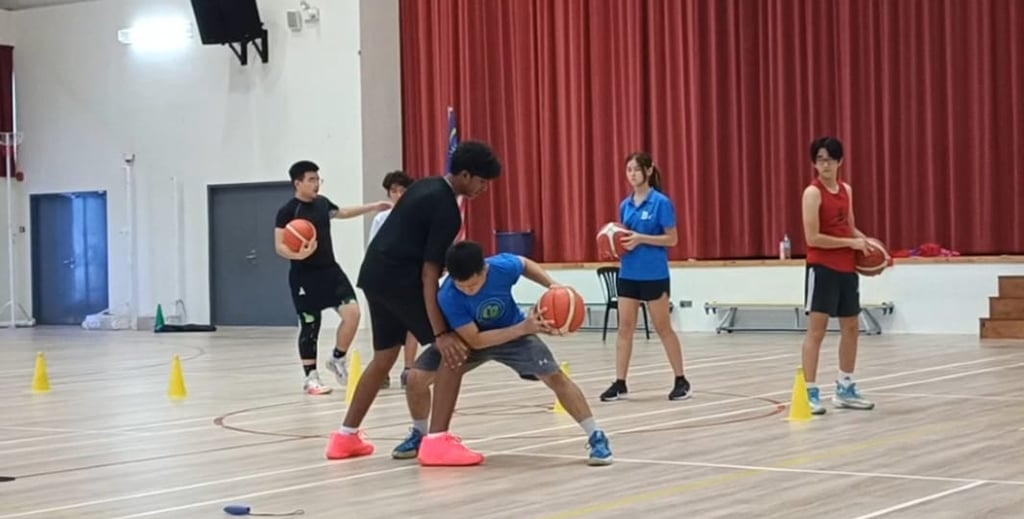Top 4 Tips for Improving Your Sports Performance
Learn how to take your athletic abilities to the next level with these valuable tips and techniques.
Achieving Peak Performance: A Holistic Approach
In order to unlock your full potential as an athlete, it's essential to focus on both physical and mental training. Here are some practical tips to help you enhance your strength, stamina, agility, and mindset:
Physical Training:
1. Strength Training:
Targeted Exercises: Incorporate compound movements like squats, deadlifts, and bench presses to build overall strength.
Progressive Overload: Gradually increase the weight or intensity of your workouts to continually challenge your muscles.
Form and Technique: Focus on proper form to maximize effectiveness and reduce the risk of injury.
Rest and Recovery: Allow adequate time for muscle recovery between sessions to promote growth and prevent overtraining.
2. Cardiovascular Exercises:
Variety: Mix up your cardio routine with activities like running, swimming, cycling, or high-intensity interval training (HIIT).
Duration and Intensity: Aim for a balance of longer, steady-state workouts and shorter, more intense sessions to improve endurance and cardiovascular health.
Cross-Training: Incorporate different cardio activities to prevent boredom and work different muscle groups.
Recovery: Include active recovery days to help your body recover from intense workouts and reduce the risk of overuse injuries.
3. Agility Drills:
Speed and Agility Exercises: Include drills such as ladder drills, cone drills, and agility ladder exercises to improve quickness and coordination.
Flexibility Training: Incorporate dynamic stretches and mobility exercises to improve range of motion and reduce the risk of injury.
Balance and Stability Work: Utilize balance boards, stability balls, and proprioceptive exercises to enhance body control and proprioception.
4. Mental Training:
1. Visualization Techniques:
Visualization Practice: Set aside time to mentally rehearse your performance, visualizing success and overcoming challenges.
Sensory Detail: Engage all your senses in your visualization practice to make the experience more vivid and realistic.
Positive Imagery: Focus on positive outcomes and feelings associated with achieving your goals to boost confidence and motivation.
2. Positive Mindset:
Self-Talk: Monitor your internal dialogue and replace negative thoughts with positive affirmations and encouragement.
Confidence Building: Reflect on past successes and strengths to reinforce belief in your abilities.
Mindfulness and Meditation: Practice mindfulness techniques to stay present and focused during training and competition.
3. Goal Setting:
SMART Goals: Set Specific, Measurable, Achievable, Relevant, and Time-bound goals to provide direction and motivation.
Short-term and Long-term Goals: Break down larger goals into smaller, manageable milestones to track progress and stay motivated.
Adjustment and Adaptation: Regularly review and adjust your goals based on performance and changing circumstances.
4. Rest and Recovery:
Sleep Hygiene: Prioritize quality sleep to support physical recovery, cognitive function, and overall well-being.
Active Recovery: Incorporate low-intensity activities like walking, yoga, or foam rolling to promote circulation and muscle recovery.
Mental Rest: Schedule downtime to relax and recharge, allowing your mind to recover from the demands of training and competition.
By integrating these strategies into your training routine, you'll be well-equipped to excel as an athlete and achieve your peak performance.




